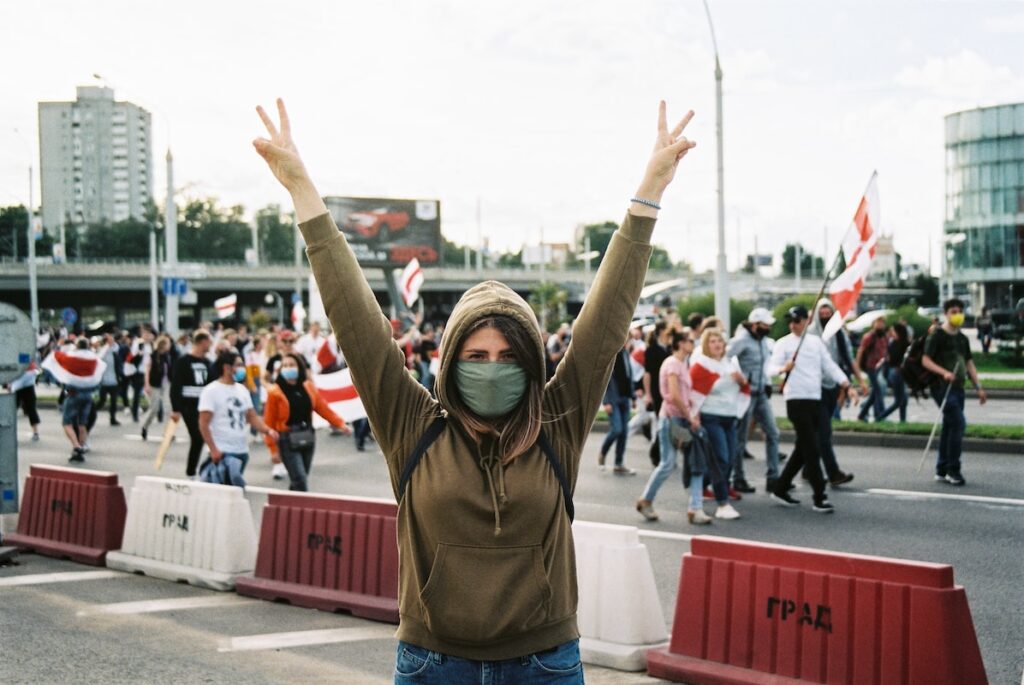On Thursday January 10, Nicolás Maduro was sworn in as Venezuelan President for a new period up to 2025.
Mr. Maduro claims he won the national election which were held last May. However, the opposition did not participate in them because they considered there were no guarantees they would be free and fair. Moreover, 54 per cent of potential voters did not show up to the polls — a record in Venezuelan history.
Due to these reasons, the governments of Argentina, Brazil, Canada, Chile, Colombia, Costa Rica, Guatemala, Guyana, Honduras, Panama, Paraguay, Peru, and Santa Lucia issued a statement on January 4 declaring the May elections illegitimate and Mr. Maduro unfit to start a second presidential period. The declaration also includes sanctions for Maduro himself and high-ranking officers of his administration. All these governments are part of the Lima Group (Grupo de Lima in Spanish) — a multilateral body that was established following the Lima Declaration in August 2017 in the Peruvian capital of Lima, where representatives of 14 countries met in order to establish a peaceful exit to the crisis in Venezuela.
The only member of the group which refused to sign the declaration was Mexico. With the election of Andrés Manuel López Obrador, the relations with Caracas have certainly become warmer than with his predecessor.
Besides Mexico, other countries supported Maduro’s second term. Russia, China, Turkey, Bolivia, Nicaragua, and even the widely unrecognized Republic of South Ossetia, sent delegations to the ceremony.
In the case of the Vatican, it is interesting to point that Pope Francis did send a diplomat, Monsignor George Koovakod, charge d’affaires of the Holy See. This at the same time when the Venezuelan Bishops’ Conference does not recognize the legitimacy of Mr. Maduro and claims that only “the National Assembly, elected by the free and democratic vote of the Venezuelan people, is the sole organ of public authority with the legitimacy to exercise its powers.”
The parliamentary elections of 2015 granted the opposition an absolute majority in the National Assembly. This could have allowed the introduction of constitutional changes, term limits, and even the removal of Mr. Maduro from office. However, as Adolf Hitler in 1933 or Alberto Fujimori in 1992 did, the chavista government dissolved the Parliament. In its place, Mr. Maduro created a “Constitutional National Assembly” which overtook the powers of the Parliament and has been the ruling body of Venezuela ever since.
Just 48 hours after Mr. Maduro was sworn in for a second term, Juan Guaido, Chief of the National Assembly, was detained and then released by intelligence agents of the government. In a country with hundreds of political prisoners the message seems loud and clear.
* Federico N. Fernández is Executive Director at Somos Innovación (a Latin American pro-innovation alliance) and CEO at We Are Innovation (Somos Innovación’s sister organization for Europe). Federico is Founder and President of Fundación Internacional Bases (Rosario, Argentina) and also the Chairman of the Organizing Committee of the International Conference “The Austrian School of Economics in the 21st Century,” which takes place in Europe and LatAm alternatively.
Source: Medium




